Are You Looking For a Physiotherapist In Cairns - Queensland?
Why Book at Proactive Physiotherapy?
Expert Care. Proven Results. Convenient Location.
When it comes to your health, you deserve the best and that’s exactly what we deliver.
At Proactive Physiotherapy, we combine clinical expertise with genuine care to provide results-driven physiotherapy that puts you first.
Our experienced team doesn’t just treat symptoms, we pride ourselves on our pain to performance approach to client care where we take the time to understand the root cause of your pain and create a personalised plan to help you move better, feel stronger and get back to what you love. Our model is relieving symptoms, restoring function and improving your long term health.
Because it's not just about living longer—it's about living well. Prioritising your health span means staying active and independent for as many years as possible.
Make your health a priority and book an appointment with one of our expert physios and take the first step towards better health.
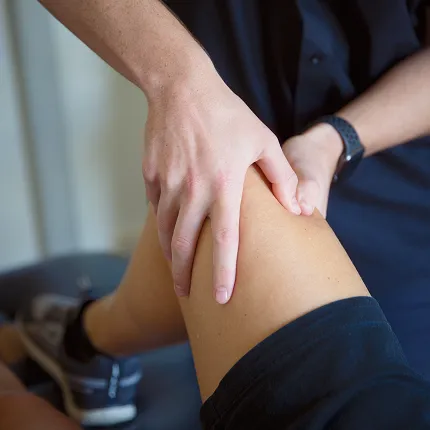
Proactive Physiotherapy was established by Julie Faulks in 1989 and has consistently provided a high standard of Physiotherapy care to the residents and professionals of Cairns, as well as the broader community.
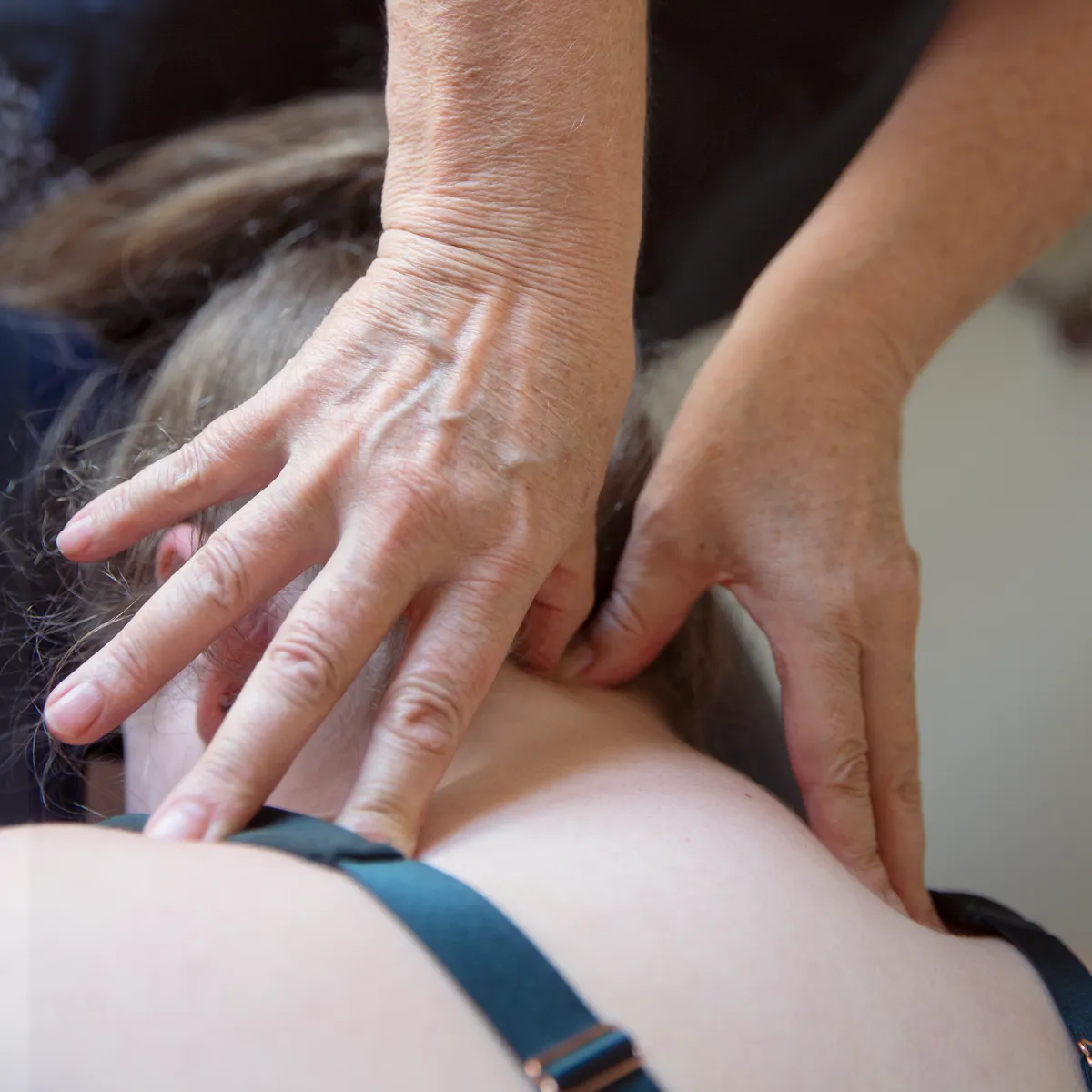
What Sets Us Apart?
Having provided services to the Cairns community for over 40 years and with over 120 years of combined experience as manual therapy and exercise physiotherapists our current team brings a depth of knowledge that few clinics can match. We've seen almost every type of injury and condition—and we know what works.
We have a dedicated headache and migraine clinic,(CHMC) with level 1, 2 and 3 practitioners using the Watson technique.
We have a dedicated pelvic health and continence clinic (CPHC) with 4 pelvic health physios providing services for men, women and children.
Confused about your pain and not sure what to do?
Get clear, professional advice in our free downloadable information packs
Back Pain
Understand why back pain happens and how to help it
Shoulder Pain
Understand why shoulder pain happens and how to help it
Knee Pain
Understand why knee pain happens and how to help it
How Can We Help?
At Proactive Physiotherapy we treat a wide range of conditions from everyday aches to complex injuries. Whether you're dealing with a recent injury or something that’s been nagging you for a while, our experienced physiotherapists can help you understand the cause and work towards lasting relief.
We commonly help clients with:
Back pain – from stiffness and postural strain to disc injuries and sciatica
Neck pain & headaches – including tension, whiplash and desk-related strain
Shoulder pain – such as rotator cuff issues, bursitis and frozen shoulder
Knee pain – from ligament injuries and arthritis to patellofemoral pain
Hip & pelvic pain – affecting movement, stability or sleep
Ankle & foot problems – including sprains, Achilles issues and plantar fasciitis
Post-surgical recovery – regain strength and mobility after orthopaedic surgery
Sports injuries – from sprains and strains to overuse injuries
Balance and dizziness issues – including BPPV and vestibular dysfunction
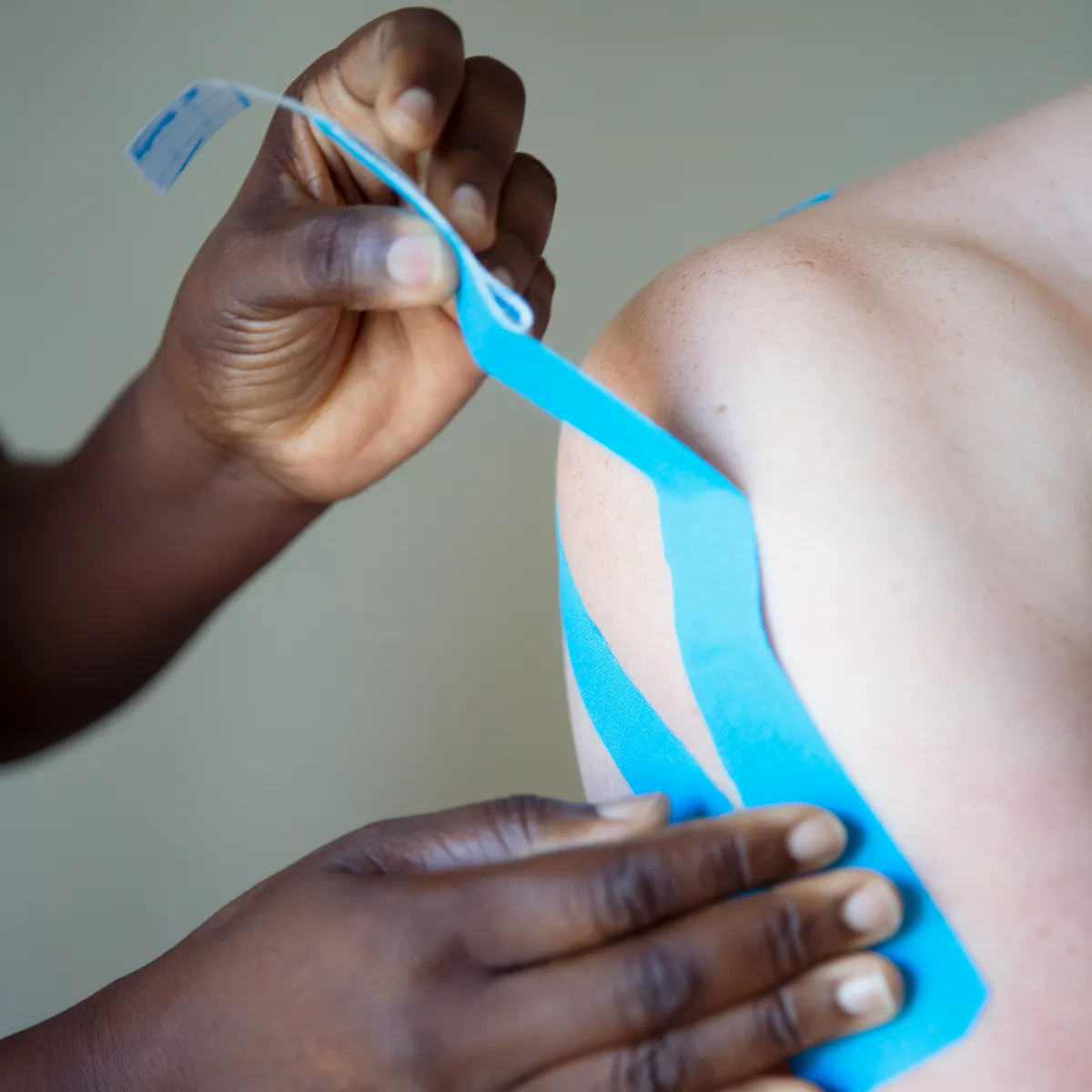
Cairns Pelvic Health Clinic

Centre of Excellence for Women's and Men's Pelvic Health and Continence.
Cairns Headache and Migraine Clinic

For the assessment and treatment of headaches, migraines and their related symptoms.
Contact us today to speak with our friendly team and find out how we can help you feel your best
Latest Tips and Advice
Pelvic Organ Prolapse & Constipation: Why They’re Connected
Most of us deal with constipation once in a while—it’s annoying, but usually nothing to worry about. But if it keeps happening, it could be a sign of something else going on. For a lot of women, that “something” is pelvic organ prolapse (POP).
So, what exactly is POP?
Pelvic organ prolapse happens when the muscles and tissues that normally hold up your pelvic organs (like your bladder, uterus, or rectum) get weak. When that support gives way, the organs can shift out of place. Sometimes they press into the vagina, and in more severe cases, they can even bulge outside of it.
Things that often lead to POP include:
• Pregnancy and childbirth
• Carrying extra weight
• The natural weakening that comes with age
How POP messes with your bowels
Your pelvic floor is like a hammock that keeps everything supported and working smoothly—peeing, pooping, even sexual function. When prolapse happens, that system can get thrown off, which is where constipation comes in.
Here’s how:
• Organs pressing on the rectum can block things from moving out easily
• Weak muscles can make it harder to push stool through
• Nerve signals can get mixed up, slowing everything down
• Hormonal shifts, especially around menopause, can make stool harder and drier
The frustrating cycle
POP and constipation can feed into each other. If you’re constipated, you’re more likely to strain—which can make prolapse worse. And when prolapse gets worse, constipation often does too.
What can help
The good news is there are lots of ways to break the cycle:
• Load up on fiber & water – fruits, veggies, beans, and whole grains make stool softer and easier to pass.
• Stay active – walking, yoga, and light exercise keep things moving.
• Strengthen your pelvic floor –pelvic floor physiotherapy can make a big difference.
• Learn how best to position yourself on the toilet.
• Ask for help – if simple changes don’t cut it, your pelvic health physiotherapist can fit a pessary in the vagina which will hold things in place. These can be permanent or removable. Always best to try this before surgery.
Bottom line
Constipation is common, but if it’s happening all the time, it’s worth getting checked out. If pelvic organ prolapse is behind it, there are plenty of ways to take back control—through lifestyle changes, pelvic floor exercises, and physiotherapy support if you need it.
Proactive Physiotherapy has four pelvic health physiotherapists ready to help you. For an appointment please phone 0740536222 or book online.
We’re proud to be connected with trusted professional affiliations and community partners
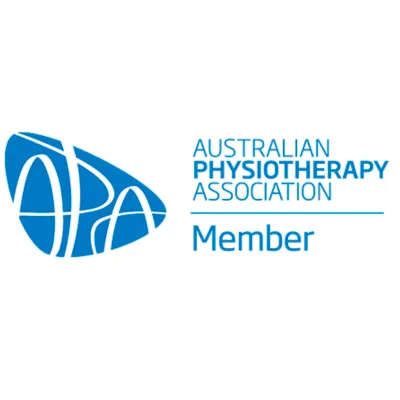



Proactive Physiotherapy is powered by Vitala Health, a group of Allied Health Practices across New Zealand and Australia.
Vitala Health provides clinical solutions that supports clients health and lifestyle needs through best practice treatment, premium facilities, education and ongoing commitment to customer service. Learn more about Vitala Health
If you have any questions before scheduling an appointment or for general enquiries, please contact us. Our team will promptly reach out to assist you.
Opening Hours
Mon: 8:00am - 6:00pm
Tue: 8:00am - 6:00pm
Wed: 8:00am - 6:00pm
Thu: 8:00am - 6:00pm
Fri: 8:00am - 6:00pm
Sat: Closed
Sun: Closed
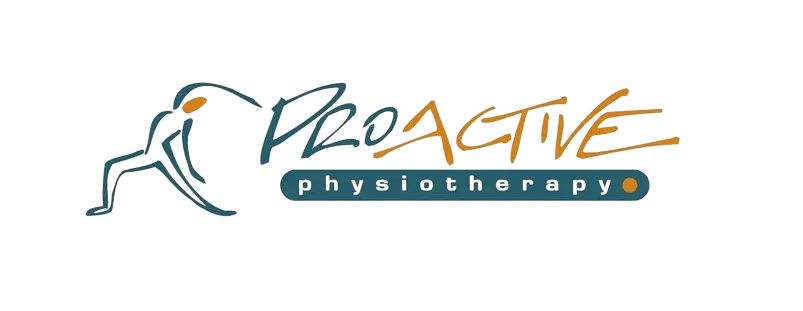

Follow Us
The Clinic
Common conditions
© Copyright 2025. Vitala Health. All rights reserved.

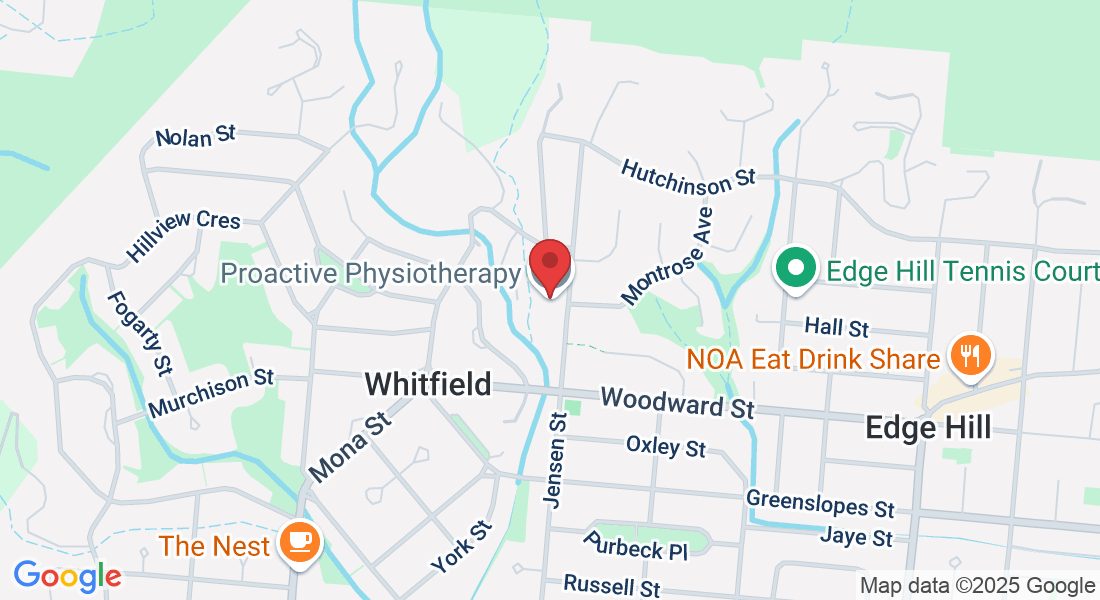
Facebook
Instagram
LinkedIn